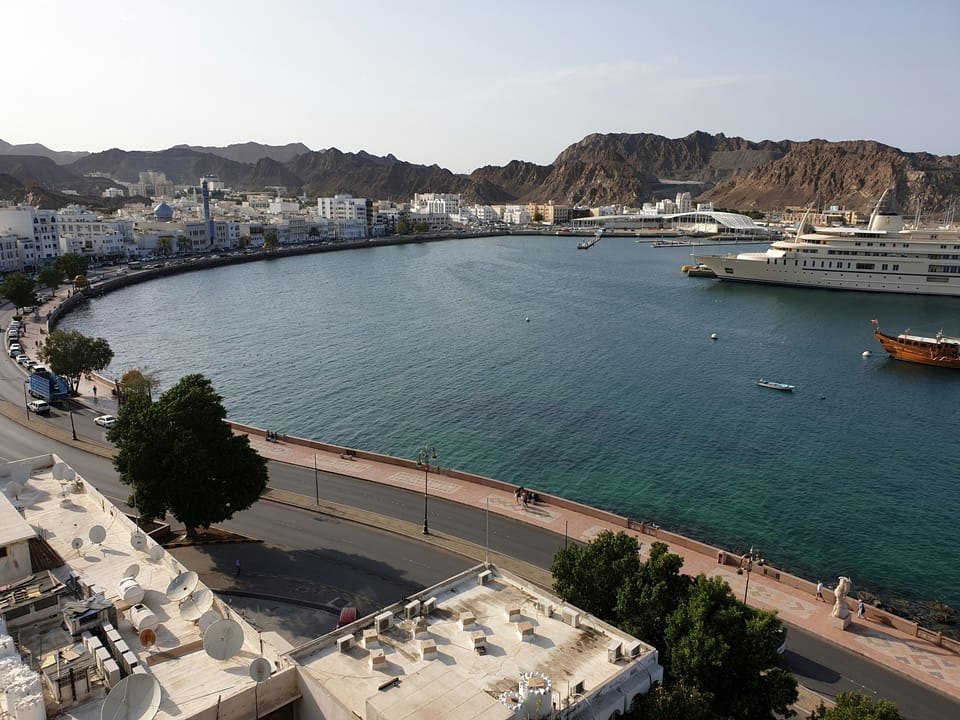COP29: Oman finalises draft rules for Article 6 carbon market

The Sultanate of Oman has finalised a draft framework for the use of carbon reduction certificates under Article 6 of the Paris Agreement – due to be officially launched at COP29 later this year.
The 52-page document reportedly provides the most complete guidelines so far on Article 6, which governs how countries can trade carbon reduction credits to meet their decarbonisation targets, known as nationally determined contributions (NDCs).
Governments have been trying to establish rules for an Article 6 carbon market since the signing of the Paris Agreement, but have repeatedly failed to agree on a framework. Last year at the end of COP28, they unexpectedly rejected the guidance they had been working on behind closed doors for two weeks.
At the time, Alexia Kelly, Managing Director of Carbon Policy and Markets Initiative at the High Tide Foundation, warned: “We need strong rules for a market that will continue to exist regardless of what is agreed at the UN, and we’ve missed a chance to deliver that at this COP.”
According to those involved in the negotiations, disagreements revolved around the level of regulatory oversight that should be mandated by the deal, with a heated debate between what the US promoted as a “light touch approach” and the stronger integrity rules proposed by the EU and some African and Latin American countries.
National carbon registry and project categorisation
Now, under the Sultanate’s proposed framework, Oman would take centre stage as a global carbon trading hub, setting up a national carbon registry where the developers of Article 6-compliant carbon mitigation projects would list their credits
On the registry platform, projects would be categorised between International Mitigation Purposes (IMP), which would mean transferring carbon credits from Oman to other countries as part of their Nationally Determined Contribution (NDC), Other International Mitigation Purposes (OIMP), which would include the Carbon Offsetting and Reduction Scheme for International Aviation (CORSIA), and domestic schemes within Oman itself.
Renewable energy project eligibility unclear
According to Carbon Pulse, the framework is largely focused on attracting international finance for high abatement cost mitigation projects, while “distancing itself” from lower-cost projects such as renewable energy.
In this sense, Oman appears to have aligned itself with the rationale of the Integrity Council for Voluntary Carbon Markets (ICVCM), which recently excluded renewable energy projects from its Core Carbon Principles (CCP), a label meant to signal carbon credit quality.
ICVCM’s decision was made in an effort to “raise the bar” for carbon crediting from renewable energy projects, after an initial assessment suggested that these credits did not meet the CCP’s additionality requirements.







Member discussion